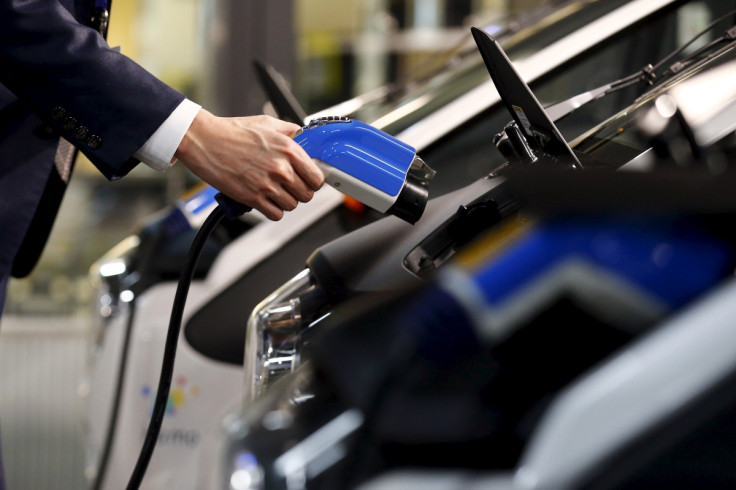'Ultimate' battery will boost electric cars range to 400 miles

Researchers at the University of Cambridge may have unlocked the secret to giving electric cars a longer range than their petrol or diesel alternatives. A so-called 'super battery' with 10 times the energy density of current power packs is claimed to be the key to long-distance, zero-emissions motoring.
Most electric cars currently have a range of around 100 miles. The more expensive Tesla Model S can drive for up to 300 miles between charges, and the upcoming Model X will reach 250 miles; but these figures are still some way short of the range of similarly sized petrol or diesel vehicles. The one-hour charge time of Teslas, although faster than all other electric cars, is still prohibitive.
The new lithium-oxygen battery pack developed at Cambridge is functional, albeit only in a laboratory for now, and is claimed to be more than 90% efficient. The team behind it also say it can be charged more than 2,000 times without wearing out. Touted as the "ultimate" battery design, lithium-oxygen (or lithium-air) batteries have a much higher theoretical energy density, ten times that of the lithium-ion batteries used by today's electric cars.
400 miles on a single charge
A report by Cambridge University explains: "Such a high-energy density would be comparable to that of gasoline − and would enable an electric car with a battery that is a fifth the cost and a fifth the weight of those currently on the market to drive from London to Edinburgh on a single charge."
This means a future with electric cars that can travel 400 miles without recharging, and carrying batteries far lighter than those currently on the market. It would enable smaller electric cars to be built, as opposed to the large saloons and SUVs Tesla sells.
But, as with any breakthrough technology, there are a number of important caveats. The battery produced by Cambridge relies on a highly porous, 'fluffy' carbon electrode constructed from graphene, made from sheets of carbon just one atom thick. This process requires additives to keep the chemical reaction stable, and researchers say making such a battery available to the public is still a decade away.
Professor Clare Grey of the university's chemistry department said: "What we've achieved is a significant advance for this technology and suggests while new areas for research, we haven't solved all the problems inherent to this chemistry, but our results do show routes forward towards a practical device."
© Copyright IBTimes 2025. All rights reserved.






















